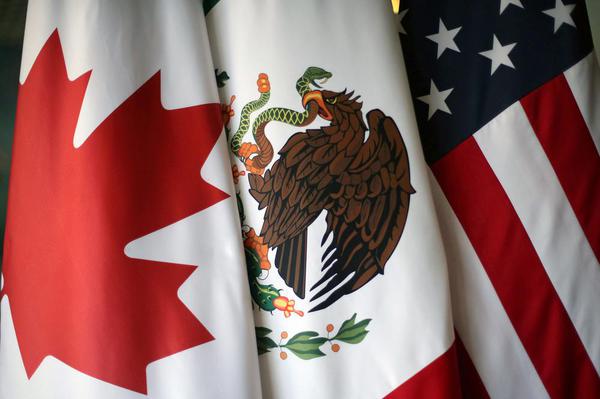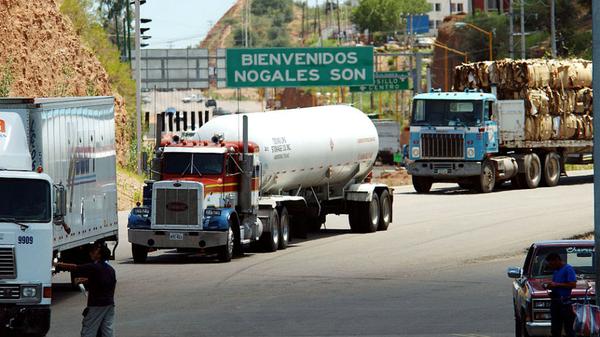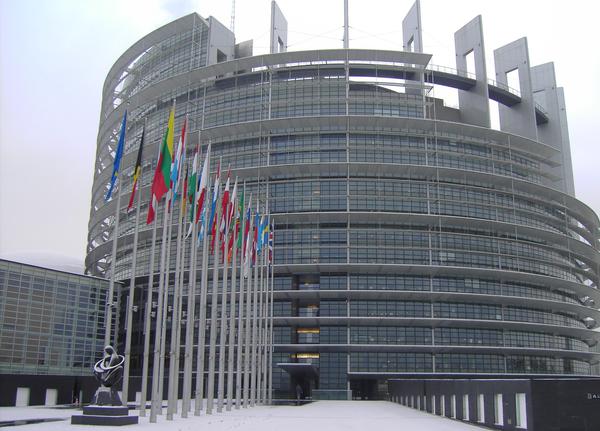
It's in America's National Interest to Stay in NAFTA
President Trump’s new national security strategy stresses the importance of promoting America’s prosperity and security. It highlights rivalry and competition with China and Russia and underscores the importance of strengthening international alliances where partners shoulder their responsibilities.
Our North American neighbors, Mexico and Canada, should be priority partners under President Donald Trump’s new strategy for enhancing U.S. security and prosperity. Both are willing and effective pa
Our North American neighbors, Mexico and Canada, should be priority partners under President Donald Trump’s new strategy for enhancing U.S. security and prosperity. Both are willing and effective pa























